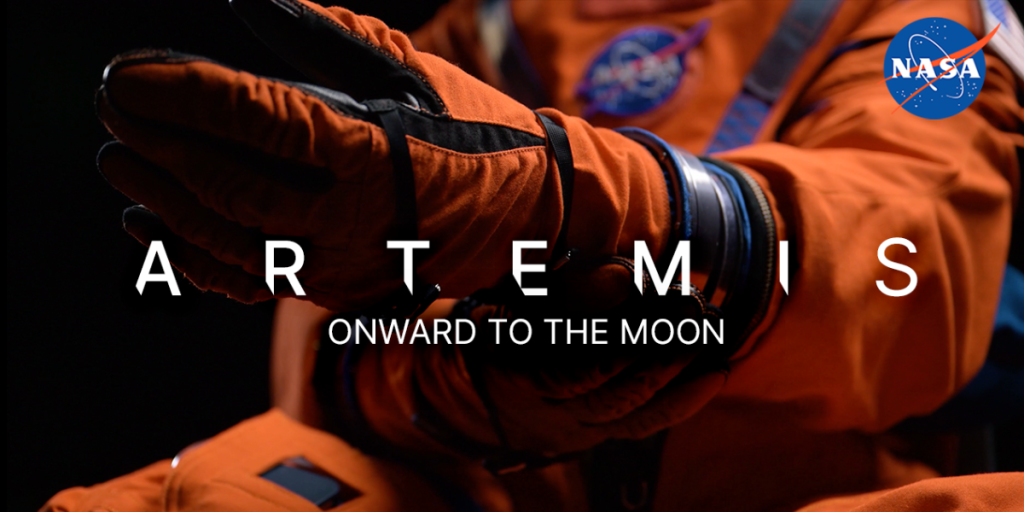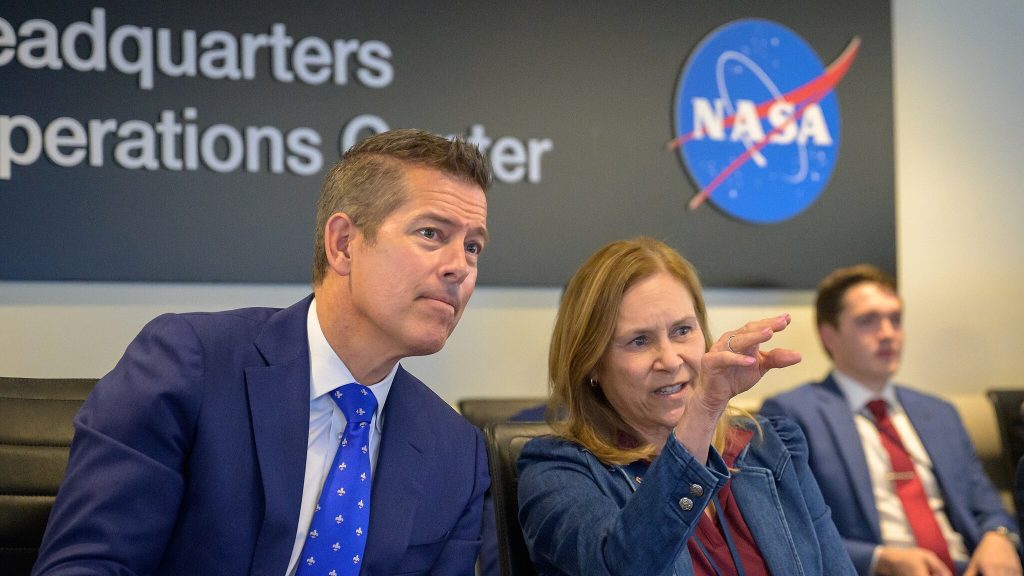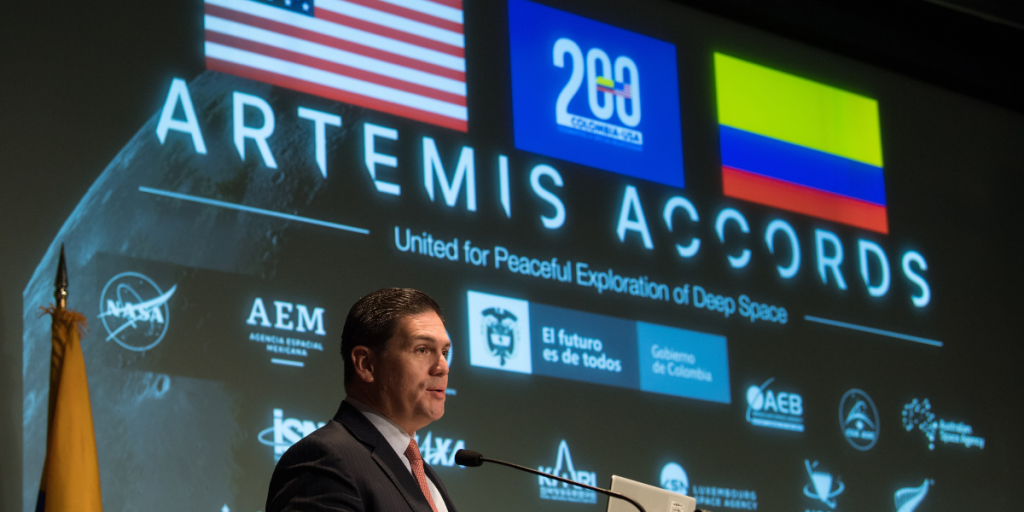The Expanding Universe of Cooperation
Others are reading now
The Expanding Universe of Cooperation
Unity Beyond the Earth

From the earliest days of space exploration, humanity has dreamed of the stars — not as separate nations, but as a shared endeavor.
As more countries gain access to space technology, the need for cooperation has become more important than ever. International agreements are now shaping how exploration will proceed in the decades ahead, ensuring that the pursuit of discovery remains peaceful, responsible, and sustainable for all.
Latvia Joins the Artemis Accords

According to Space.com, Latvia will become the 60th nation to sign the Artemis Accords, a NASA-led framework for peaceful space exploration.
Announced at the end of October, Latvia’s commitment makes it the fourth country that month to pledge adherence to the accords, joining the Philippines, Malaysia, and Hungary.
Also read
Latvian officials described this decision as “a significant step toward more active participation in the global space community,” emphasizing their dedication to responsible exploration and sustainable use of space.
The Growing Family of Space Nations

Space.com notes that 2025 has seen a surge in participation, with eight new nations joining the accords, including Senegal, Norway, Bangladesh, and Finland earlier in the year. This milestone coincides with the fifth anniversary of the Artemis Accords, which were first established in 2020 by NASA, the U.S. State Department, and seven founding partners.
Modeled after the 1967 Outer Space Treaty, the accords aim to promote peaceful collaboration, transparency, and safety as humanity expands its reach to the Moon and beyond.
Collaboration and Future Missions

As reported by Space.com, NASA Acting Administrator Sean Duffy announced several of the new additions via social media, underscoring how international partnerships are becoming central to modern space policy.
Though the Artemis Accords share their name with NASA’s lunar program, they represent a broader set of principles for cooperation, not just a specific mission.
Also read
The upcoming Artemis 2 and Artemis 3 missions, planned for 2026 and 2027–2028, aim to send astronauts around and onto the Moon — part of NASA’s long-term goal to establish a sustained human presence there, made stronger through global collaboration.
What We’ve Learned

The growing membership of the Artemis Accords reflects a shift toward shared responsibility in space. From major powers to smaller nations, countries are recognizing that the exploration of space must serve collective progress, not competition.
Each new signature strengthens the foundation of peaceful cooperation and signals a commitment to the ideals of sustainability, transparency, and trust among spacefaring nations.
A Shared Future Among the Stars

Space exploration has entered an age defined by partnership rather than rivalry. As the number of nations joining the Artemis Accords grows, so too does the vision of a global community working together beyond Earth.
The Moon may be the next frontier, but the spirit of cooperation embodied in these agreements points toward something even greater — a future where humanity explores the universe not as divided nations, but as one shared civilization beneath the same stars.


